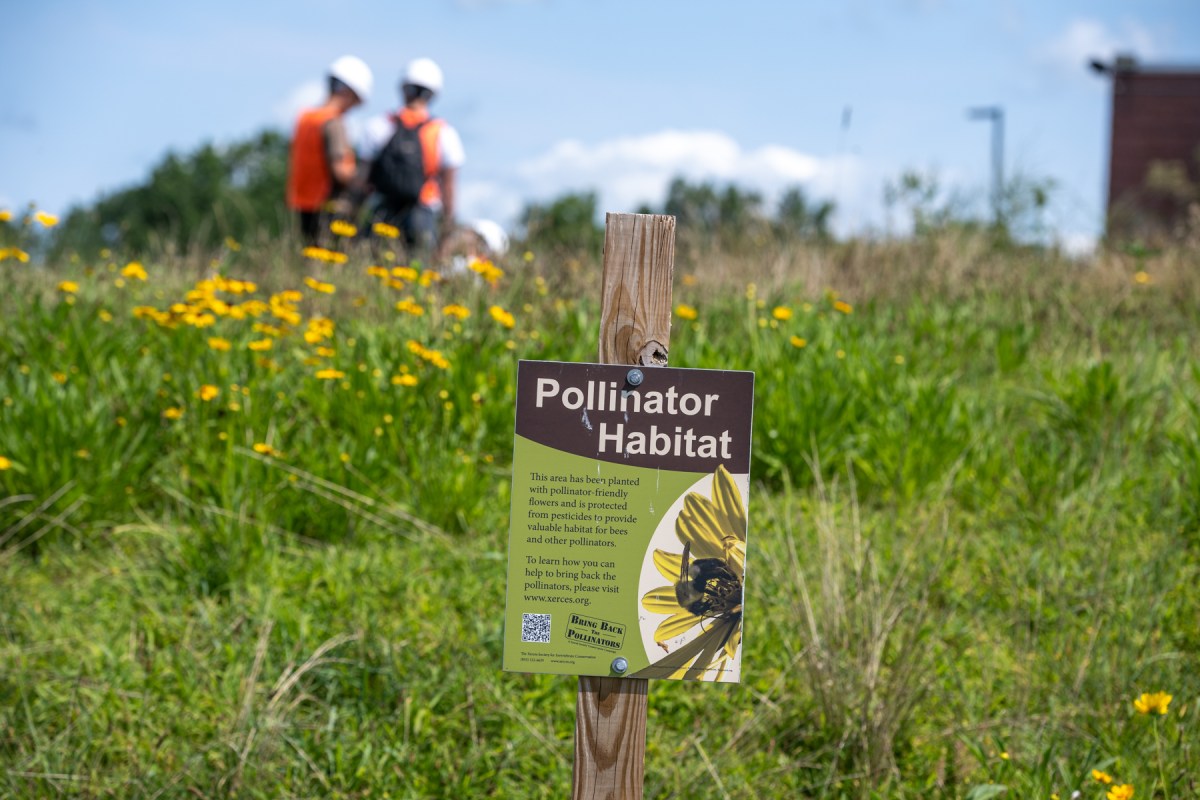As women continue to delay motherhood, the precise span of her fertile years becomes more vital to her chances of conceiving. But science is finding more evidence that it’s not only environmental and genetic factors that can influence fertility. Two recent studies focused on products that have a significant effect on a woman’s reproductive health, from puberty to menopause. Sugary drinks are not just bad for oral health and metabolism — they could be speeding up puberty.
A new study of more than 5,500 girls aged 9-14 found that those who drank more than 1.5 servings of sugary drinks a day had their first period almost three months earlier than girls who drank two or fewer such drinks a week. The scientists at Harvard Medical School accounted for body mass index, height, diet and how much the girls exercise. RELATED: Are you a sugar addict? Take this quiz and find out Drinks with added sugar have a higher glycemic index, which cause a spike in insulin, than naturally sweetened drinks such as fruit juices (which, along with diet sodas, were not associated with a difference in the start of puberty). Higher insulin levels in the blood can stimulate the production sex hormones, the researchers noted. Girls who start their periods earlier are also at a higher risk of developing breast cancer. Earlier puberty among girls “has been observed in developed countries and for which the reason is largely unknown,” says Dr. Karin Michels, who led the study.
Earlier menopause
At the other end of a woman’s fertile years is a newly discovered risk from certain chemicals.
A study out of the University of Colorado found that women who had been exposed to 15 chemicals entered menopause between 2 and 4 years sooner than women who had been exposed to lower levels of the same chemicals. RELATED: Sugar is worse for you than salt Dr. Natalia Grindler and her team reviewed data from 31,575 women collected by the National Health and Nutrition Examination Survey between 1999 and 2008. Out of 111 chemicals tested, 15 were flagged – the most common, phthalates, are found in plastics, pharmaceuticals, and personal care products such as body lotions, perfumes, makeup, nail polish, liquid soap and hair spray. The others were dioxins/furans (industrial combustion byproducts); phytoestrogens (plant-derived estrogens); polychlorinated biphenyls (PCBs, coolants); phenolic derivatives (phenols, industrial pollutants); organophosphate pesticides; surfactants; and polycyclic aromatic hydrocarbons (combustion products). Early menopause is not the only negative effect they can have on women’s health.“Any early decline in ovarian function could increase rates of infertility and lead to earlier development of cardiovascular disease, osteoporosis and other medical problems among women,” she said. Even worse, avoiding exposure to these chemicals is nearly impossible. “The health of future generations is at risk and without further research in this area those born today could be affected in decades to come.”
Sugar and puberty
New culprits affect women’s fertility at start and end of reproductive years



















